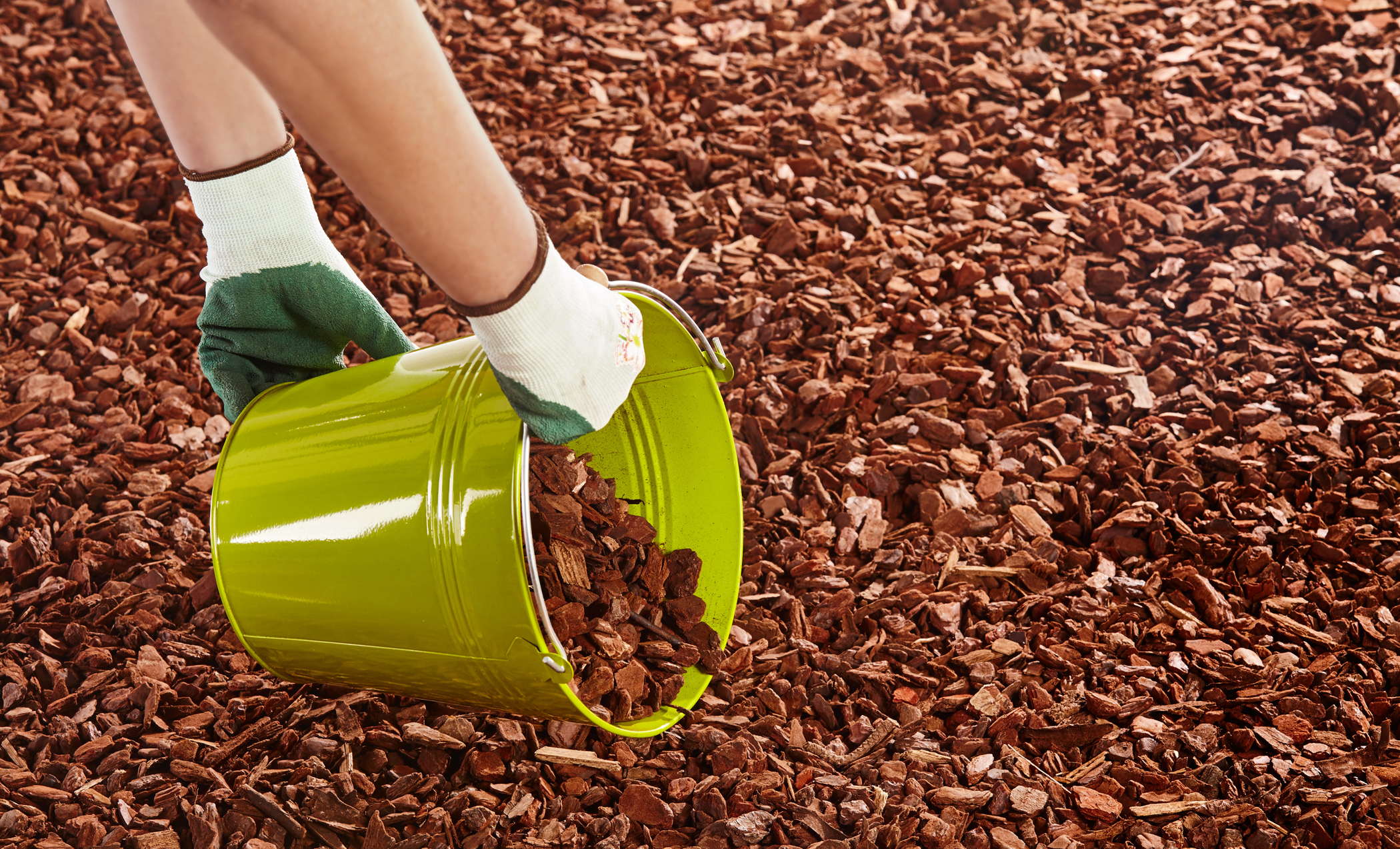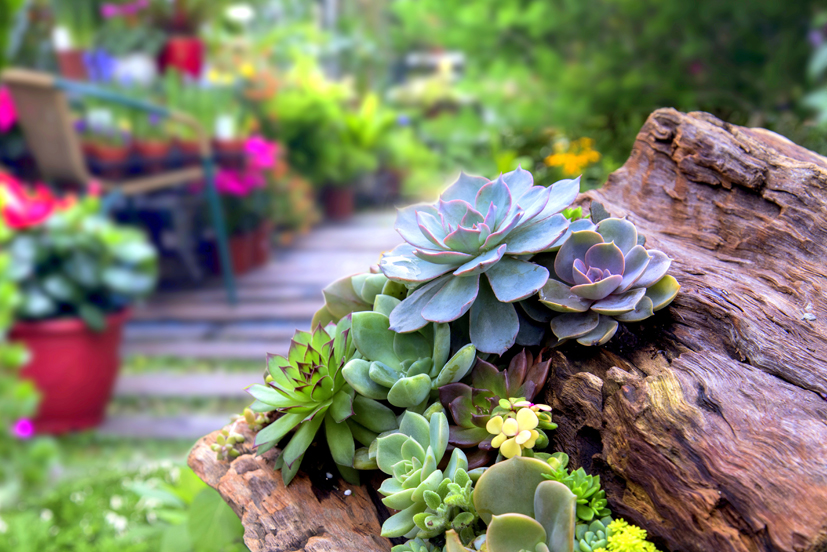Design Wize by Pupkewitz - Sep 2019
Planning your waterwise garden
Planning your waterwise garden
Water is one of the most precious natural resources one could possibly think of, even more precious than diamonds. No living organism on earth can live without water.Even when the authorities have no specific saving targets in place, we should self-regulate our water use.
By using as much as possible organic material we can help the soil hold the water better. Decomposing organic material is acidic and will also help in balancing our high alkaline soils. Once the pH is down to a more bearable level, the plant hair roots may absorb the nutrients from the soil water. Polymer crystals are also a wise option, enabling the soil to retain even more water, resulting in less irrigation.
Ground covers such as daisy lawn are often a natural way of keeping the soil cool, as well as moist. However, manage ground covers well so that they do not overgrow everything in your flower beds. Such covers do, however, make it difficult to do seasonal feeding.
 Mulching with bark or a similar natural substance could be expensive, but really keeps your soil cool and moist. Young annual plants develop much faster and perform better in mulched flower beds. Many shrubs, like roses, love cool and moist soil and perform well in a mulched spot. Mulching material can easily be removed before seasonal feeding and put back afterwards. Pebbles or decorative garden stones are ideal for succulent beds, where less water is required. Do not use pebbles in seedling beds in full sun areas. Rather use them in either small patches surrounding a feature you would like to highlight, or in shady areas. Hardy shrubs or succulents should be able to manage the heat generated by pebbles.
Mulching with bark or a similar natural substance could be expensive, but really keeps your soil cool and moist. Young annual plants develop much faster and perform better in mulched flower beds. Many shrubs, like roses, love cool and moist soil and perform well in a mulched spot. Mulching material can easily be removed before seasonal feeding and put back afterwards. Pebbles or decorative garden stones are ideal for succulent beds, where less water is required. Do not use pebbles in seedling beds in full sun areas. Rather use them in either small patches surrounding a feature you would like to highlight, or in shady areas. Hardy shrubs or succulents should be able to manage the heat generated by pebbles.Irrigation systems should be planned sensibly to ensure effective watering, yet avoiding over- or underwatering of specific plants.
Your system should provide for individual irrigation lines, servicing either flower beds, trees or lawn areas. Do not allow lawn sprinklers to also water your flower beds, as the water requirement for the two is totally different. Rather water during cooler times of the day, such as just before sunrise for lawns specifically, as well as flower beds and trees. You may then also water in the evening, but only the trees and flower beds, not the lawn areas. Watering your lawn in the afternoon creates ideal conditions for fungus development in the grass.
 We can all have beautiful gardens with just a bit of effort and sensible planning, while still using our precious water resources sparingly. Hats off to the dedicated Namibian gardeners who still manage to have lovely gardens despite water restrictions. May the rainy season be in your favour!
We can all have beautiful gardens with just a bit of effort and sensible planning, while still using our precious water resources sparingly. Hats off to the dedicated Namibian gardeners who still manage to have lovely gardens despite water restrictions. May the rainy season be in your favour!
Pupkewitz Megabuild Lifestyle
Mega Centre, Windhoek
www.megabuildonline.com
To make sure we reach targeted readers audience, selective distribution is done throughout the month on a weekly basis. This ensures the availability of the magazine in strategic locations for readers to pick up for free and read.

















